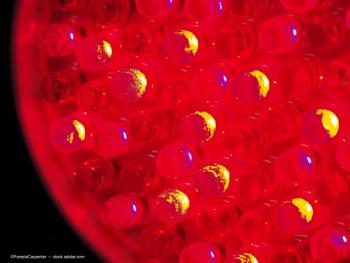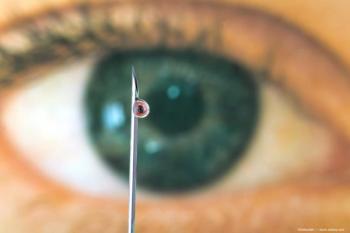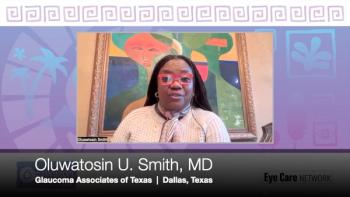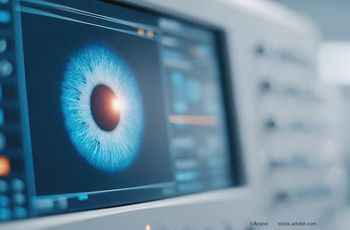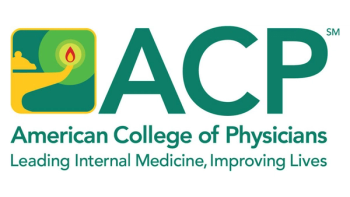
Glaucoma severity linked to risk of auto accidents
Fort Lauderdale, FL—Patients who have moderate-to-severe glaucoma are more likely to be involved in motor vehicle collisions, according to Gerald McGwin Jr., MS, PhD, and colleagues.
They found that patients with moderate-to-severe impairment in the central 24° radius in their worse eye had a higher risk of involvement in crashes compared with patients with glaucoma who did not have visual field loss. Dr. McGwin reported the findings at the annual meeting of the Association for Research in Vision and Ophthalmology.
The investigators had previously reported that patients with glaucoma who were 55 years of age and older could drive a car as safely as older individuals who do not have glaucoma.
What prompted the extended investigation were the considerations that the clinical and legal ramifications may be substantial and the fact that there were no data indicating at what level visual field impairment predisposed patients with glaucoma to serious harm while driving, Dr. McGwin said. He is associate professor, department of ophthalmology, University of Alabama School of Medicine, Birmingham.
Study patients were those individuals who had been involved in a motor vehicle collision that had been reported to the police between January 1994 and June 2000. The matched control patients were those who had not been involved in a motor vehicle collision at the time they were included in the study. The Alabama Department of Public Safety provided the information about motor vehicle collision that occurred during the study period.
Visual field defects calculated
The investigators calculated a visual field defect score for every patient based on the Advanced Glaucoma Intervention Study (AGIS) system according to the automated visual fields collected with the 24-2 or 30-2 programs. The scores were categorized on a scale of 0 to 20, in which 0 indicated no defect; 1 to 5 a mild defect; 6 to 11 a moderate defect; and 12 to 20 a severe defect, according to Dr. McGwin.
The investigators also collected patient demographic data and information about general health, driving, smoking, alcohol, and cognition by conducting telephone interviews.
From January 1994 to June 2000, 120 collisions occurred and were included in the study; 84 (70%) of these were considered to have been the fault of the patient at the scene of the collision. Seventy-five patients had had one collision, 18 patients two collisions, and three patients three collisions. For these 120 cases, a total of 120 controls were selected.
Dr. McGwin reported that patients with severe visual field defects (i.e., those with an AGIS score of 12 to 20 in the better eye) were at increased risk of involvement in a motor vehicle collision compared with the patients who had no visual field loss (odds ratio, 3.2; 95% confidence interval, 0.9 to 10.4).
When considering the worse eye, the patients with severe-to-moderate and severe visual field impairment were at slightly higher risk of becoming involved in a motor vehicle collision (odds ratio, 3.6; 95% confidence interval, 1.4 to 9.4 and odds ratio, 4.4; 95% confidence interval, 1.6 to 12.4 respectively).
Patients with moderate and mild visual field defects in their better eye and those with mild visual field defects in the worse eye were not associated with a higher risk of a motor vehicle collision.
"The results of this study-that patients with glaucoma with moderate or severe visual field loss in the central 24° radius of their worse eye are at increased risk for motor vehicle collisions-is relevant for glaucoma specialists," Dr. McGwin said. "The data provide guidance for them regarding when to initiate a discussion with patients regarding safety while operating a car.
Newsletter
Don’t miss out—get Ophthalmology Times updates on the latest clinical advancements and expert interviews, straight to your inbox.


